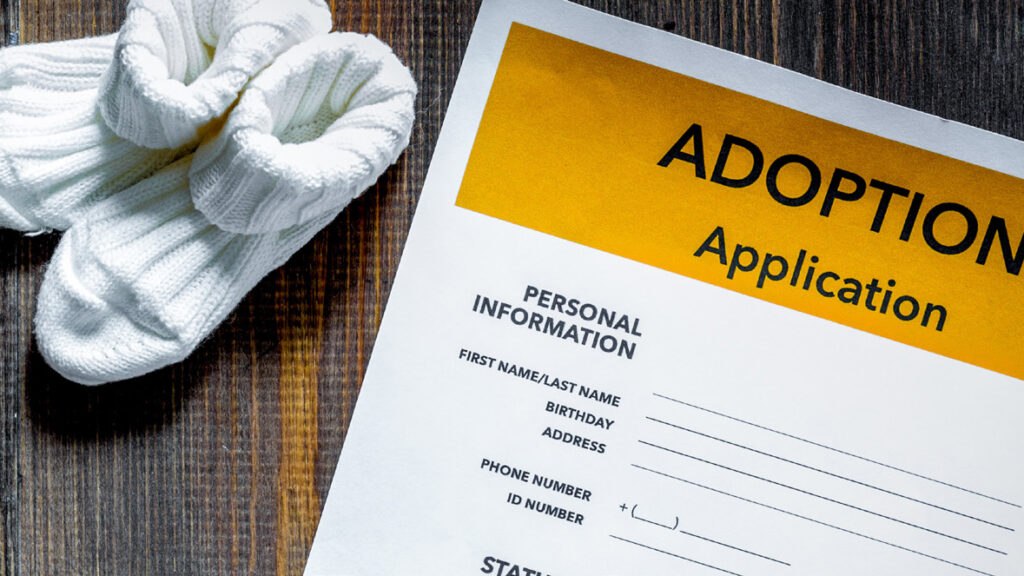Adoption may be the right option for you and your child, but there may be other options too. Adoption may be a good choice when you can’t care for your child and there are no other options for a permanent family home, such as placement with a relative. It is important to think through your options and discuss these with others before making a decision.
More suggestions and resources are below.
Download PDF
Download PDF to print and display the above poster in your tribal child welfare office or in your community.
Are You Pregnant and Thinking About Adoption?
Children and birth parents with American Indian and Alaska Native heritage may be eligible for the special protections afforded them under the Indian Child Welfare Act. These protections help Native children grow up connected to their culture and have the rights associated with being a member of their tribal nation. They also help birth parents make informed decisions about placing their child for adoption.
- Indian Child Welfare Act protections apply in adoptions where the child is a member of a federally recognized tribe or eligible for membership and one of the parents is a member of a federally recognized tribe. This includes private, voluntary adoptions where the parent(s) relinquishes their rights to their child voluntarily and consenting to the child being placed for adoption. Criteria, process, and timeline for determining membership may differ by tribal nation. A child or parent may apply for and become enrolled as a member or citizen of a federally recognized tribe within a relatively short amount of time in some cases, so consider this as you are thinking about the status of your or your child’s tribal membership and how it could change in the next few months while you are in the adoption process. Contact the tribal enrollment office of the tribal nation where your and/or your child’s tribal heritage originates to learn more about their criteria and process.
- Under the Indian Child Welfare Act, a parent’s consent to have their parental rights terminated (legal action required before an adoption can occur) and the adoption of their child is not valid if it is provided earlier than 11 days following the birth of the child. This recognizes that early consents (before the birth of the child) often do not allow birth parents appropriate time to process this life-changing decision. Consent must be executed in writing and recorded before a judge to be valid. The judge must certify that the terms and consequences of the consent to adoption were fully understood by the parents. This provides additional assurances that the parents fully understand the decision they are making and their rights under the Indian Child Welfare Act.
- For information about withdrawing consent to adoption and termination of parental rights, see the question below.
- The Indian Child Welfare Act requires that an American Indian or Alaska Native child being placed for adoption must be placed according to an order of placement preferences. These are: (1) a member of the child’s family (Native or non-Native), (2) a member of the child’s tribe, and (3) another American Indian or Alaska Native family. In some cases, the court may find that “good cause” exists to place the child outside the placement preferences. The placement preferences exist because of the long history of large numbers of American Indian and Alaska Native children removed from their families, placed outside of their extended families and culture, and losing contact with their tribal and cultural identity.
Additional information can be found here.
Does the parents’ preferences for adoptive placement or desire for anonymity matter?
Yes. The Indian Child Welfare Act requires the judge to consider the parents’ preference for the adoptive placement of their child and their desire for anonymity. However, the judge must still apply the adoptive placement preferences unless they find that “good cause” exists to deviate from the adoptive placement preferences.
